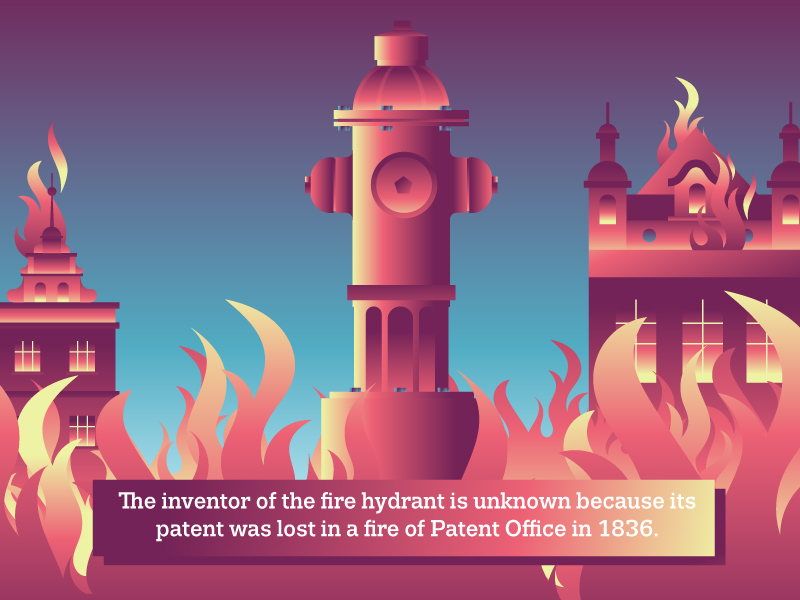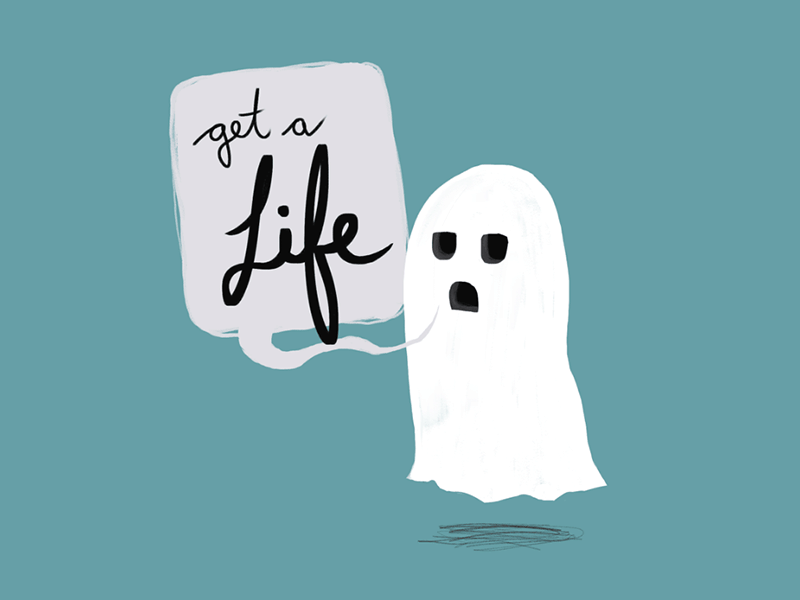20+ Irony for Kids Examples
Have you ever listened to the song Ironic by Alanis Morissette? If you have, then you must be familiar with its lyrics. Taking into account the song’s title, many believe that the singer portrays unfortunate incidents and not ironic situations. While this can be quite confusing for one to grasp, it’s clear that the beauty of irony lies in how it tells a story differently than one would expect. To put it simply, irony is a vast concept to discuss. It cannot be defined lightly, which is why it must be broken down into three different categories.
What is Irony?
Irony is a popular example of a figure of speech that is used not only in literature but in everyday language as well. It is defined to be a literary device that uses words to convey a meaning that is opposite of what has been said. But irony can often be subjective, depending on the expectations made by an audience. The concept of such can also be quite confusing to many people, as what may be considered as ironic to one, may not be another. An ironic statement can sometimes be misunderstood as well, especially while communicating with children. You may also like idioms examples for kids.

Types of Irony
There are three central types of irony: verbal, situational, and dramatic irony. Each category applies to either reality or literature, which would depend on the context of the given statement.
1. Verbal Irony
A verbal irony comes to play when a speaker says the opposite of what they really mean. In most cases, verbal irony is used to emphasize one’s thoughts that are a lot different from its literal meaning. This is the most commonly-used irony among all its types, considering how it is used in everyday conversations. Verbal irony is also greatly similar to sarcasm. What makes it different is how verbal irony can be humorous yet innocent, while sarcasm can involve a witty or derogatory attack on someone else. You may also like simple sentence examples.
Examples:
- Saying “Oh, just what I need!” when another tragedy occurs after the other.
- Planning something big for Friday night but when the day finally comes, your mom asks you to stay home to watch your little sister, “Sure, it’s not like I had anything special planned for tonight.”
- Coming to school really early but realizing you forgot your homework. “I guess today is my lucky day.”
- Your parents call you out for taking so long every morning but when you’re the first to finish, “Why are you in a hurry? It’s still early.”
- The unpopular candidate that nobody likes wins the class elections. You can overhear some students saying, “Oh gee, I kind of wished he would win.”
2. Situational Irony
This type of irony occurs when what is expected to happen does not take place. Instead, it generates the opposite action or effect. The result of such can sometimes be serious or comical. It’s an interesting scenario that allows one to really think. Imagine how ironic it would be for a teacher to fail a test. While everyone would expect one thing to happen, the outcome says otherwise. This creates an element of surprise and shock, as the situation contradicts what has been expected from it. Whether it plays out a serious or humorous outcome, it is always unexpected. You may also like preposition sentences examples
Examples:
- There’s a fire inside the fire station.
- Traffic is congested on one side of town. How can that happen when a traffic enforcer is there to direct motorists?
- A robber steals valuables from a police station.
- Someone complains about the amount of time people spend on social media through a Facebook post.
- An ambulance runs over a guy crossing the street.
3. Dramatic Irony
Think of various movies, TV shows, novels and plays where you know exactly what’s about to happen but the characters in the story do not. Sometimes, this leaves us feeling frustrated over how oblivious the lead characters can be. Action thrillers have us screaming, “Don’t go in there!” as if the actor could actually hear us. This creates intense emotions of humor and suspense that has us sitting at the edge of our seats. Dramatic irony is ideal in both comedy and tragedy because of how it builds a level of anticipation and excitement. You may also like school speeches examples.
Examples:
- In a romantic movie, the leading characters claim they don’t have any feelings towards each other. But the viewers know very well that this isn’t true.
- A teenage pop singer disguises herself in costume to appear unrecognizable to friends and classmates. But little do people around her know that she’s been selling out stadiums and arenas every night. Truly, the best of both worlds. (Hannah Montana, anyone?)
- An evil queen tries to hide her identity as an old witch. Movie-goers know her true identity yet the protagonist does not. Simply put, the character immediately falls into the trap of the evil queen.
- The citizens of a town criticize a superhero for doing the job of the police. Little do they know that such superhero would save them from an intergalactic invasion later on.
- When the bad guy hides inside the closet. The audience screams. But the main character remains unaware of what is about to happen.

Examples of Irony in Children’s Literature
One of the best things about adding irony to literature is how it’s far from predictable. It keeps readers and viewers guessing what is about to happen. Despite this, irony can be quite difficult for younger children to comprehend. But little do people realize how irony is applied even in children’s literature. This goes for children’s books, cartoons, and movies. Let’s take Spongebob Squarepants for example. You may not have thought about it back then, but isn’t it ironic how Spongebob can wash dishes with his hands, considering how he’s supposed to be a kitchen sponge? Or how there’s a beach in Bikini Bottom when the setting of the cartoon series is in the middle of the sea. While it’s meant to be a children’s TV show, the irony of the whole series is bound to open one’s mind as they grow older. You may kid-friendly idioms.
Other examples of irony in literature are as follows:
Examples #1 Harry Potter
Witchcraft and Wizardry have always been the central point of an imagination of author J.K. Rowling in her worldwide hit series, Harry Potter. But if you’ve been on the lookout for some forms of irony in her writing, then you may have noticed a significant few. For one, in The Sorcerer’s Stone, Professor Snape holds a deep hatred towards Harry, often pointing out how he isn’t anyone special if it wasn’t for his infamous yet incredible story. However, it was Snape who made Voldemort aware of the said prophecy, which then leads to a series of unfortunate events for Harry and his friends. You may also like hyperbole examples for kids.
After the first book of the series, a number of ironic situations took place between Snape and Harry as well. In spite of Snape’s hostility, it is revealed that Snape has been protecting and watching over Harry in his journey all along. Harry spends years trying to track and kill Voldemort, only to find out that Voldemort must kill him instead. This revelation created shock among readers and movie-goers alike, allowing one to connect every single event in the series with one another. You may also like hyperbole examples.
Examples #2 Romeo and Juliet
Romeo finds Juliet who appears to be drugged, then immediately assumes she is dead. Because of this, he decides to kill himself as well. But when Juliet awakens, it’s a second too late. She finds out that he’s dead and kills herself to be with him. A terrible end to Shakespeare’s written masterpiece depicts the death of two lovers due to mistaken assumption. The irony comes to play when what could have been a happy ending, ends in the tragic death of its main characters. You may also like kid-friendly metaphors.
Examples #3 The Wizard of Oz
If you have read or seen The Wizard of Oz, then you know how ironic it is for young Dorothy to spend the entire duration of the story overcoming obstacles, hurdles, and battles, just to get back to Kansas. But it turns out that she had been dreaming the whole thing all along and that she had never left home in the first place.
Examples #4 Beauty and the Beast
From the very beginning of the story, it is made known to the audience that a handsome prince turns into a wicked beast because of his selfish and arrogant behavior. Everyone knows this, except for Belle. The truth was kept a secret throughout the story until the very moment Belle professes her love for the Beast, turning him back to the dashing prince that he really is. You may also like metaphor examples.
Examples #5 The Land of Stories
In this popular book series by author Chris Colfer, fiction and adventure come to life when twins Alex and Connor Bailey spend most of their time daydreaming of a world full of fairytales. Later, they discover that their grandmother is actually Mother Goose, and the world they have been dreaming about is actually real.
The irony, like hyperbole expressions and similes and metaphors, has become a significant part of literary writings. It adds a layer of emotion and texture to every scene, turning a dull storyline into something thought-provoking. Through it all, using these literary tools and figurative language add to the excitement of various tales of love, comedy, and tragedy.

